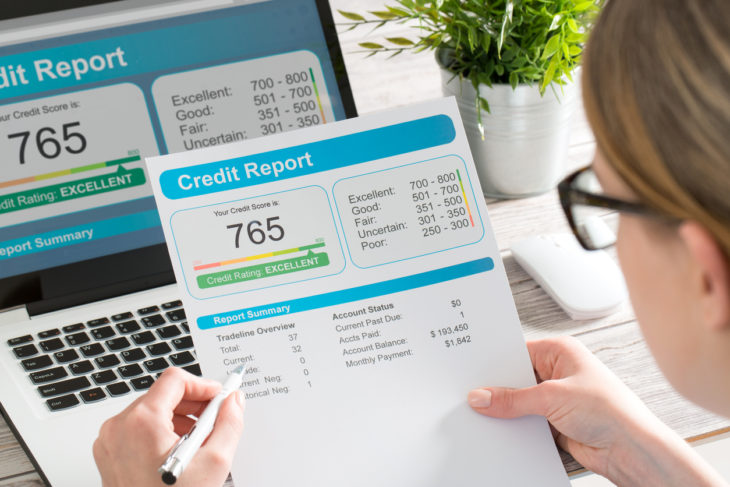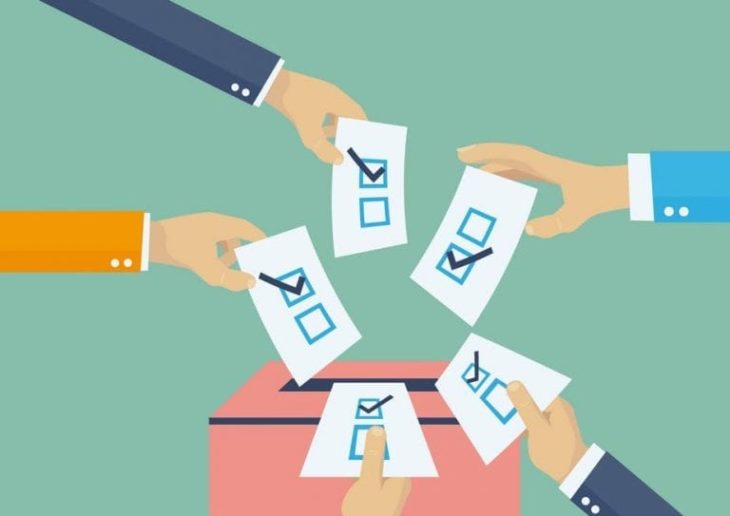Times are tough. There’s no getting away from the fact that the COVID-19 pandemic has had an effect on us all – physically, mentally, and financially. People are earning less money, many have lost their jobs, and government furlough schemes won’t go on forever. It’s not surprising that lots of people have had to resort to borrowing money, but not everyone can get a personal loan so easily.
If you’ve ever been rejected for a loan or credit card, you’ll understand just how disappointing it can be. There are lots of reasons why a lender might not be willing to extend a new line of credit to you, but it often comes down to having a bad credit history. Not everyone has a perfect financial past, and it’s frustrating when mistakes from the past prevent you from getting the money you need.
Fortunately, there are things you can do to improve your chances of getting approved for a loan – no matter how much you’ve struggled in previous years. In this guide, we’ll cover everything you need to know to make your next loan application a success.

Source: pinterest.ccom
Contents
Check Your Credit Report
First and foremost, it only makes sense to get to grips with how the lenders see things. Whenever you make an application for a personal loan, the lender will conduct a credit check to review your financial history. This will give them an overview of your existing credit status, and help them to form a picture of whether you’re a reliable borrower.
By checking your own credit report, you can identify any key issues that might cause lenders to think twice about your application. You’ll also be able to spot any wrong information, and take action to ensure that the credit reference agencies get it right.
At the end of the day, a successful loan application often comes down to the contents of your credit report – so it’s essential to gain an understanding of your own credit status.

Source: iStock
Register to Vote
It might sound like a random entry to this guide, but registering to vote can have a massive impact on your credit score. This is because by joining the electoral roll, you’ll make it easier for lenders to check your identity and confirm that you are who you say you are.
Although it doesn’t seem like much, getting your name onto the electoral register can make a significant difference to your credit score – and every little helps when you’re trying to get approved for a bad credit personal loan.

Source: cnet
Review Existing Lines of Credit
If you already have a number of credit cards of personal loans to your name, it may be worth thinking about whether it’s necessary to apply for another.
When reviewing applications and credit files, lenders will look to see what forms of credit are already available to you. Having too many open could lead them to question whether you’re already facing down unmanageable levels of debt, and so it’s important to review your own position before making a new loan application.

Source: The People’s Federal Credit Union
Approach the Right Lenders
Each and every lender has their own method of deciding whether or not to approve loan applications. Some prefer individuals with a spotless credit history and a high income, others are more willing to accept a patchier financial past, and some even cater specifically for bad credit borrowers.
The important thing is to apply to loan companies for whom you meet the lending criteria. They’ll typically provide this information on their websites, and you can maximise your prospects of getting approved simply by deciding where to apply based on the details they provide.

Source: albawaba
Double Check Your Application
While applying for a loan can be stressful, that doesn’t mean you should rush through the process without paying due care and attention the information you’re providing. A surprisingly high number of loan rejections can be put down to errors made on application forms.
Just one small discrepancy could cause lenders to reject your request for funds, and matters can become even more serious if you deliberately mislead a loan company.
Make sure that all the information you have entered is accurate, review each field a few times, and make sure that all the little things – such as your date of birth and address – are correct.

Source: Epikz
Use a Credit Broker
One way to ensure you meet the relevant lending criteria before you apply is to use a reputable online credit broker. Some of these brokers provide easy to use quick check tools that can tell you whether you’ll qualify for a loan with bad or poor credit in just moments – and they’ll even match you with lenders who are more likely to approve your request. One such broker in the UK is LittleLoans – they specialise in finding loans for people with bad credit and their quick and easy online eligibility checker will show your chances of being approved without even running a hard credit check!
It takes all the guesswork out of applying for a loan, and many online brokers won’t even charge you a penny.

Source: Financing Today And Here
Be Patient
When you need to access money in a pinch, it can be tempting to apply to many lenders over a short space of time. Unfortunately, while some people believe that taking this approach might improve their chances of getting approved, they could actually be harming their credit rating further.
When reviewing an application for a loan, lenders conduct a full credit check which will leaves a visible marker on your credit report. This can be seen by any other companies you apply to, and could suggest that you are not a responsible borrower.
The best policy is to avoid making too many applications over a short space of time. You may also wish to use the quick check and pre-approval tools that many lenders and brokers provide, since these can give you an indication of whether you’re likely to be approved without conducting a full credit search.

Source: talk-business.co.uk
Get Approved for a Loan
There are many people who are trying to find loans in these difficult times, and a significant number struggle with a poor credit history. From a broken-down car to essential home repairs and perhaps even money to tide you over until the next time you get paid, there are plenty of lenders out there who are willing to approve loans for ordinary people with less than perfect credit scores. The only challenge is in finding them.
By following the tips set out in this guide, you can improve your chance of getting your hands on the money you need – regardless of your financial past.
